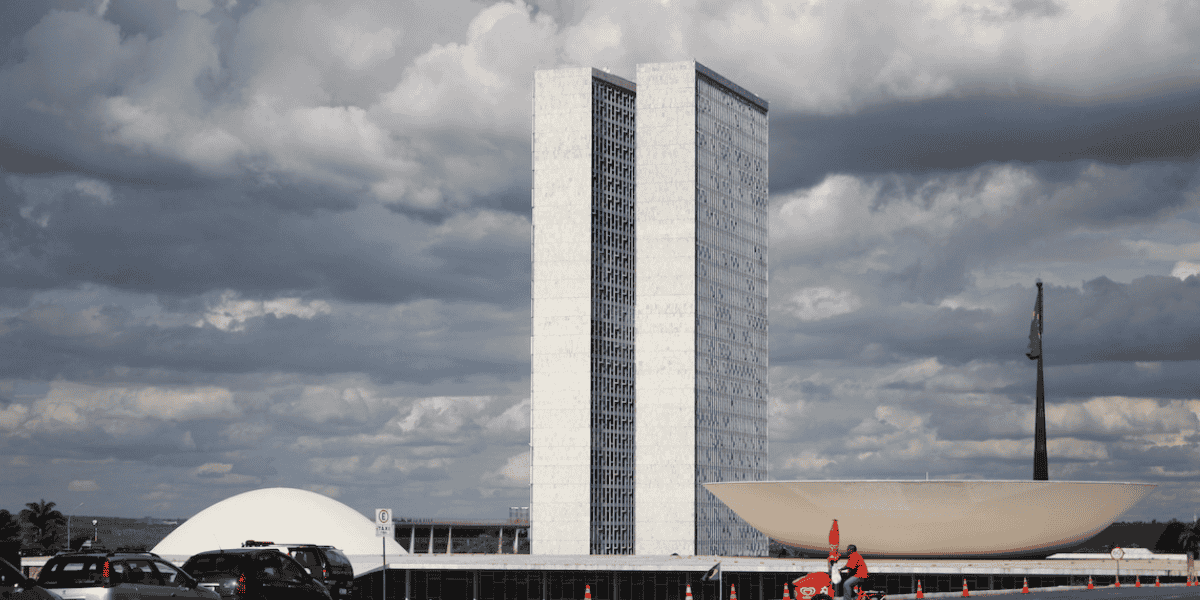Brazil’s government introduced a bill to Congress to raise revenue through increased income taxes, mainly targeting banks with a significant tax rate hike, on Friday, 30 August 2024.
The proposed legislation seeks to adjust the social contribution tax on corporate income (CSLL) and the interest on equity payments (JCP).
Last week, Brazil’s Finance Minister Fernando Haddad reportedly unveiled plans to raise levies on interest on equity and the social contribution on profits (CSLL). However, he did not disclose the specifics regarding the tax increases.
The tax hike is intended to offset the costs associated with the partial extension of the optional regime for social contributions on gross income (CPRB). The Senate recently approved this extension under Bill No. 1847 of 2024, and the Chamber of Deputies is awaiting approval.
The proposal suggests raising the CSLL rate for banks to 22% until the end of 2025, then reverting to the existing 20% in 2026.
The proposal also suggests raising the CSLL rate for private insurance companies, brokerage companies, and capitalization firms to 16% until the end of 2025 and returning it to the current 15% the year after.
For other companies, the rate will increase to 10% until the end of 2025 before reverting to the current 9% in 2026.
The government is proposing to increase the income tax rate on JCP, a form of shareholder remuneration, from 15% to 20%.














